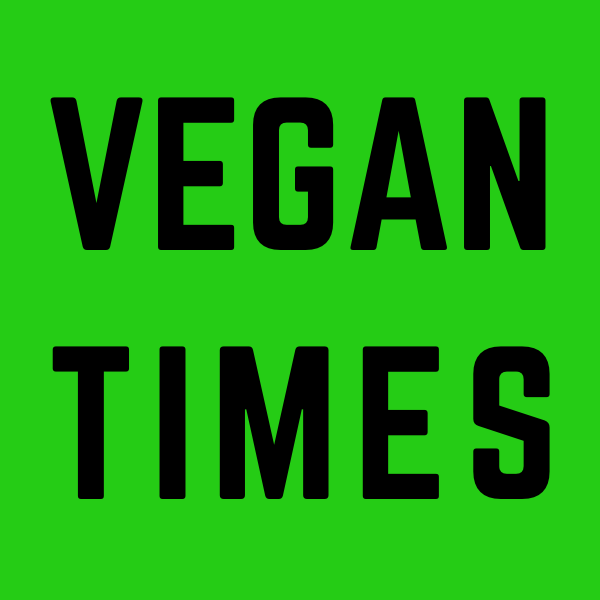Health Tools
Vegan Proteins
|
The FDA recommends 50 grams of protein per day.
Athletes may increase to 100 grams due to higher muscle fiber stress according to OSU research. Dry measure: Nuts & seeds listed = 1/8 cup = 1 ounce = 2 tablespoons = About a handful Health Tools vegan protein list is also a vegetarian protein list, in case you are new to the terms of the meatless realm.
Vegan vs Vegetarian: Vegetarians do not eat animals but may eat animal products such as eggs, milk, cheese, and yogurt. Vegans do not eat animals or animal products. Vegans will often refrain from using an animal product for clothing or other uses. Therefore, any vegan protein list doubles as a vegetarian protein list. However, vegetarians will often include eggs and dairy as nutrition supplements and thus vegan protein can be more challenging to sustain in one's diet compared to vegetarian. Protein Benefits
Mindful protein intake helps our bodies stay strong & energetic by assisting our muscle development, recovery after exercise, growth, and sustained health. A nutrition built around diverse proteins will help our mood by assisting serotonin production, which contributes to healthy sleep patterns and general well being. The nutrition benefits often go unnoticed until there is a lack that causes one to have inadequate sleep, muscle aches, joint pains, and lost focus. The average meat eater gets plenty of protein without even thinking about it, but if one transitions into a plant based diet then vegetarian protein must be mindfully consumed. It's not difficult to meet recommended levels as described in this vegetarian guide. Essential Aminos
It is important to eat a variety of vegan protein to meet the suggested daily intake because plant proteins are incomplete proteins, meaning they don't contain all the essential amino acids that meats contain. Eating a diversity of vegan protein can easily create a complete protein profile for the body; this method of combining incomplete proteins to create a complete protein profile is know as complementary protein building. It's important to eat foods that provide the amino acids our bodies need because the body does not create them on its own. A protein powder supplement may be incorporated to assist vegetarian nutrition, but recommended nutrition levels can easily be attained by mindfully consuming a variety of foods. Why does hummus have so much protein?
The main ingredients in hummus are garbanzo beans and tahini, both of which are high in vegetarian protein. What is tahini? Tahini is a paste made from ground sesame seeds used as a popular ingredient in several vegetarian recipes. |
|
|
What vegetables have protein?
Spinach, peas, corn, potatoes, broccoli. Sample daily diet with 50 grams of vegan protein:
Where do vegans get protein?
Seeds, nuts, and beans are the primary sources of vegan protein. These sources are most often harvested from the family of plants known as legumes. |
|

